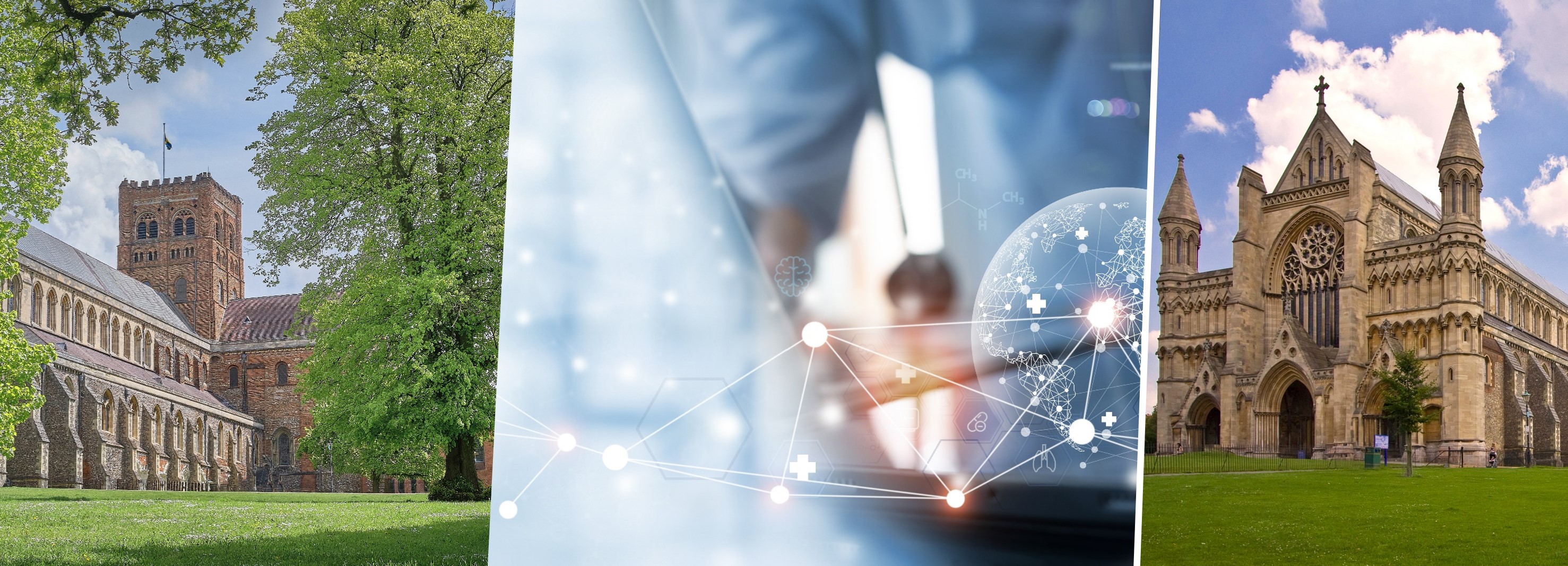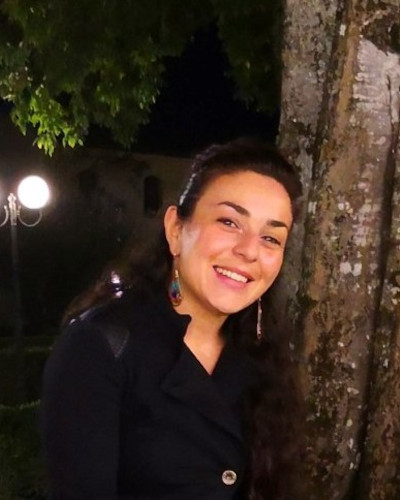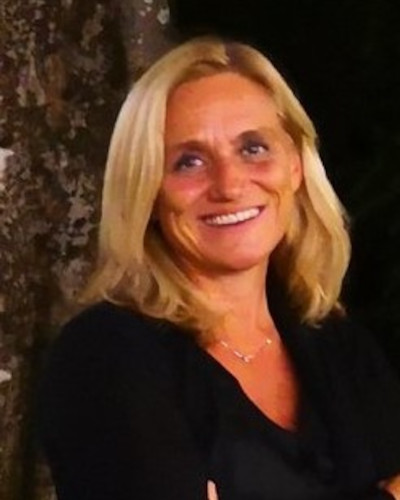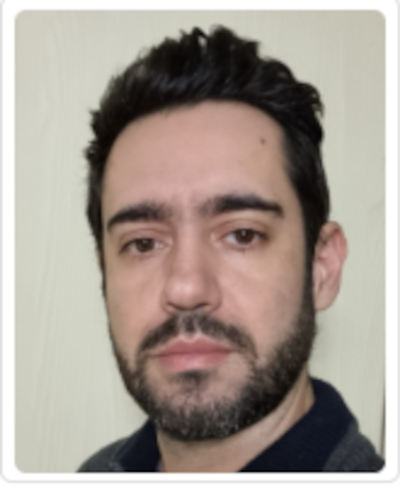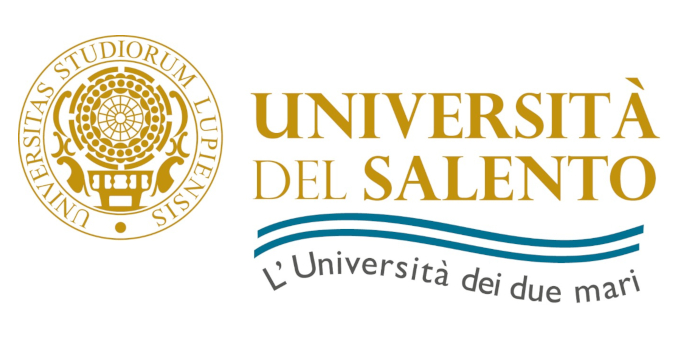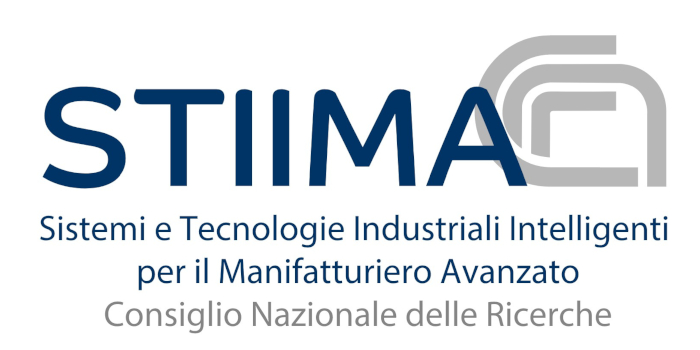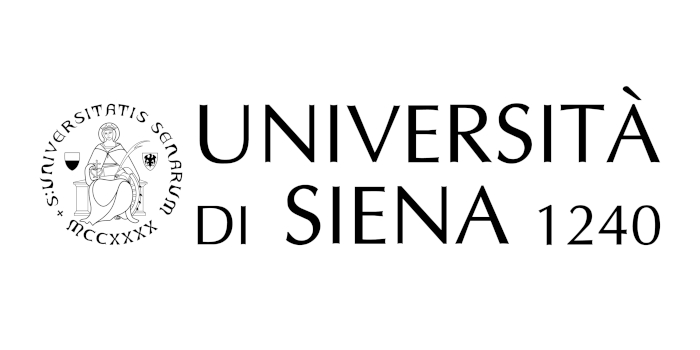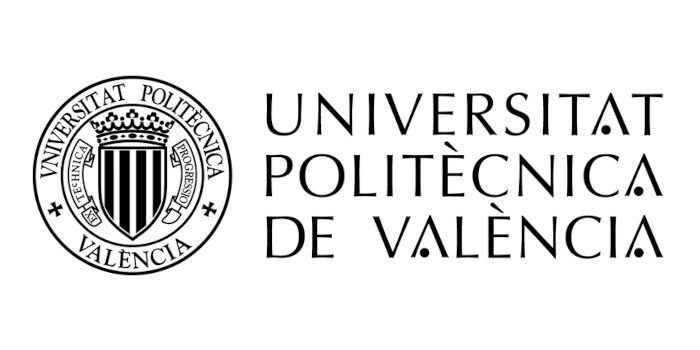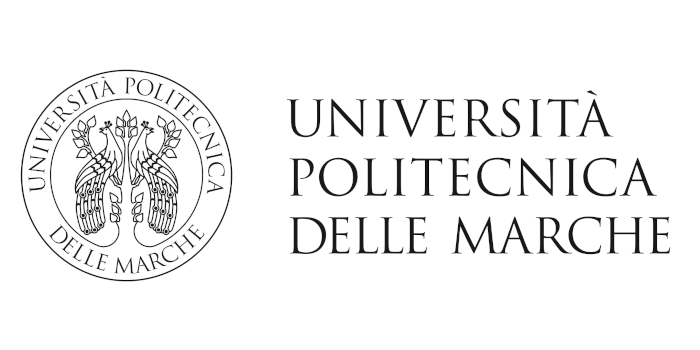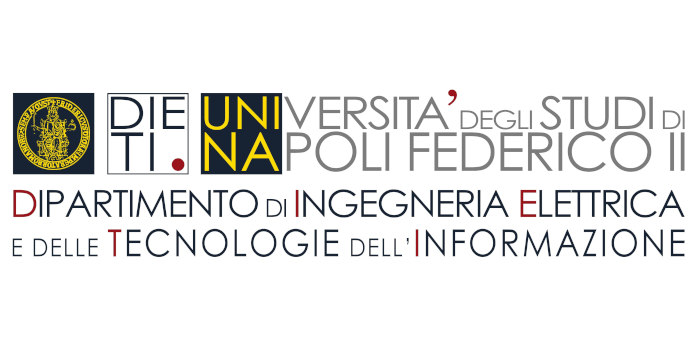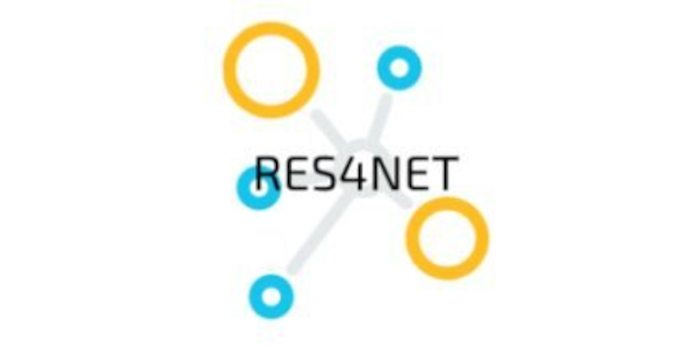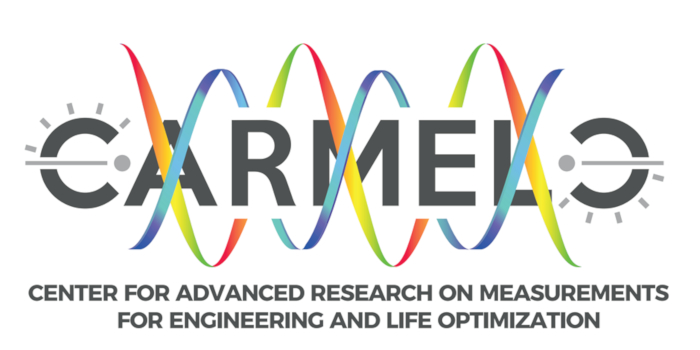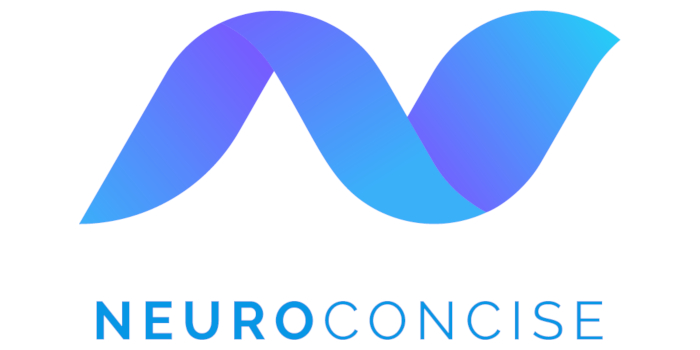SPECIAL SESSION #23
Artificial Intelligent methods for Smart Sensors and Sensor Networks
ORGANIZED BY
Enza Panzardi
University of Siena, Italy
Ada Fort
University of Siena, Italy
Paolo Andreini
University of Siena, Italy
Simone Bonechi
University of Siena, Italy
Monica Bianchini
University of Siena, Italy
ABSTRACT
In the rapidly evolving landscape of technology, smart sensors and sensor networks have become integral components in various domains, ranging from healthcare and agriculture to industrial automation and environmental monitoring. The fusion of Artificial Intelligence (AI) and Machine Learning (ML), particularly Deep Learning (DL), with sensor technologies has opened new possibilities for enhancing the efficiency, reliability, and intelligence of sensor networks.
Distributed sensor networks produce an unprecedented scale of data that traditional processing methods struggle to manage. As the number of sensors increases, so does the need for intelligent algorithms that can sift through vast datasets efficiently and extract meaningful insights.
AI and ML/DL algorithms, with their ability to analyze data in real-time, offer a transformative solution, enabling the swift identification of patterns, anomalies, critical events empowering systems to respond promptly to changing conditions, or just providing a more comprehensive understanding of the monitored environment.
This special session aims to bring together researchers, experts from academia and industry to share their latest advancements, breakthroughs, and challenges in the application of AI/DL employing all kinds of sensory devices. The application domain covers a huge area, from smart devices to smart cities and smart agriculture, from environmental monitoring to medical, clinical, and biological applications.
TOPICS
The session will cover a broad spectrum of topics, including but not limited to:
- Intelligent data processing and analysis for sensor data;
- Machine/Deep Learning methods for sensing systems;
- Embedded AI solutions;
- Edge computing for real-time decision-making in sensor networks;
- Autonomous sensor networks and adaptive sensing systems;
- AI and ML/DL algorithms for sensors data fusion for comprehensive insights;
- Smart decision making to issue responses to sensor data;
- Smart IoT networks;
- AI-based sensors for efficient energy management;
- AI for environmental monitoring data analysis;
- AI and ML/DL methods for smart agriculture;
- AI and ML/DL methods using sensing systems for medical and biomedical prognosis and treatment;
- Smart homes and smart cities;
- Remote sensing applications;
- Image sensor applications.
ABOUT THE ORGANIZERS
Enza Panzardi, received the master’s degree in Electronics and Communication Engineering and the Ph.D. degree in Information Engineering and Science from the University of Siena, Siena, Italy, in 2015 and 2019, respectively. She is currently a Research Associate with the Electronics and Electronics Measurement Research Group, University of Siena. Her current research interests include electronic circuits and systems for industrial applications, advanced phisical and and chemical-sensor-based measurement systems.
Ada Fort, received the Laurea degree in electronic engineering and the Ph.D. degree in nondestructive testing from the University of Florence, Florence, Italy, in 1989 and 1992, respectively. She is currently a Full Professor with the Department of Information Engineering, University of Siena, Siena, Italy. Her current research interests include the development of measurement systems based on advanced sensors and distributed measurement systems, with special reference to chemical sensors and bio-sensors, Internet of Things and wireless sensor networks.
Paolo Andreini, is a research associate at the University of Siena (Italy), has a degree in computer science and a PhD in Computer Engineering and Computer Science. His PhD thesis focused on proposing new generative models that can be trained from very limited datasets and can thus be used in the absence of large sets of data. He has worked on a variety of topics in the field of image generation with applications to biomedical images (chest xr, retinal imaging, agar plates, oocytes, etc…) and natural images (text segmentation in natural and cluttered scenes). His interest in image generation encompasses both theory and practice. He has also worked on many other research topics with specific applications in medicine, bioinformatics and computer vision.
Simone Bonechi, graduated in Computer Science at the Department of Information Engineering and Mathematical Sciences of the University of Siena (2014) where he then obtained his PhD. In 2018 he spent a period as a visiting PhD at the University of Copenhagen (2018). After two years of PostDoc, first at the University of Tuscia, and then at the University of Pisa, he is now a researcher at the Department of Social, Political and Cognitive Sciences of the University of Siena. His research activity is focused on Deep Learning and Artificial Intelligence, with particular reference to computer vision, image processing and image generation.
Monica Bianchini, is currently Associate Professor at the Department of Information Engineering and Mathematics of the University of Siena. Her main research interests are in the field of machine learning, with emphasis on neural networks for structured data and deep learning, approximation theory, bioinformatics, and image processing. M. Bianchini has authored more than one hundred and thirty papers (http://scholar.google.it/citations?user=cKB0wzwAAA) and has been the editor of books and special issues on international journals in her research field. She has served/serves as Associate Editor for IEEE Transactions on Neural Networks, Neurocomputing, Int. J. of Knowledge-Based and Intelligent Engineering Systems, Int. J. of Computers in Healthcare, Frontiers in Genetics, and was editor of numerous books and special issues in international journals on neural networks, structural pattern recognition and bioinformatics.

